
ABOUT US
Grameena Mahila Okkuta (GMO) is the federation of 330 rural women’s SHGs (Self Help Groups) in 170 villages of Mulbagal, Kolar, Srinivasapur and Bangarpet taluks of Kolar District in south Indian State of Karnataka
WE BELIEVE EVERY PERSON DESERVES THE CHOICE TO LIVE WITH DIGNITY, NOT DEPENDENCE
OUR VISION
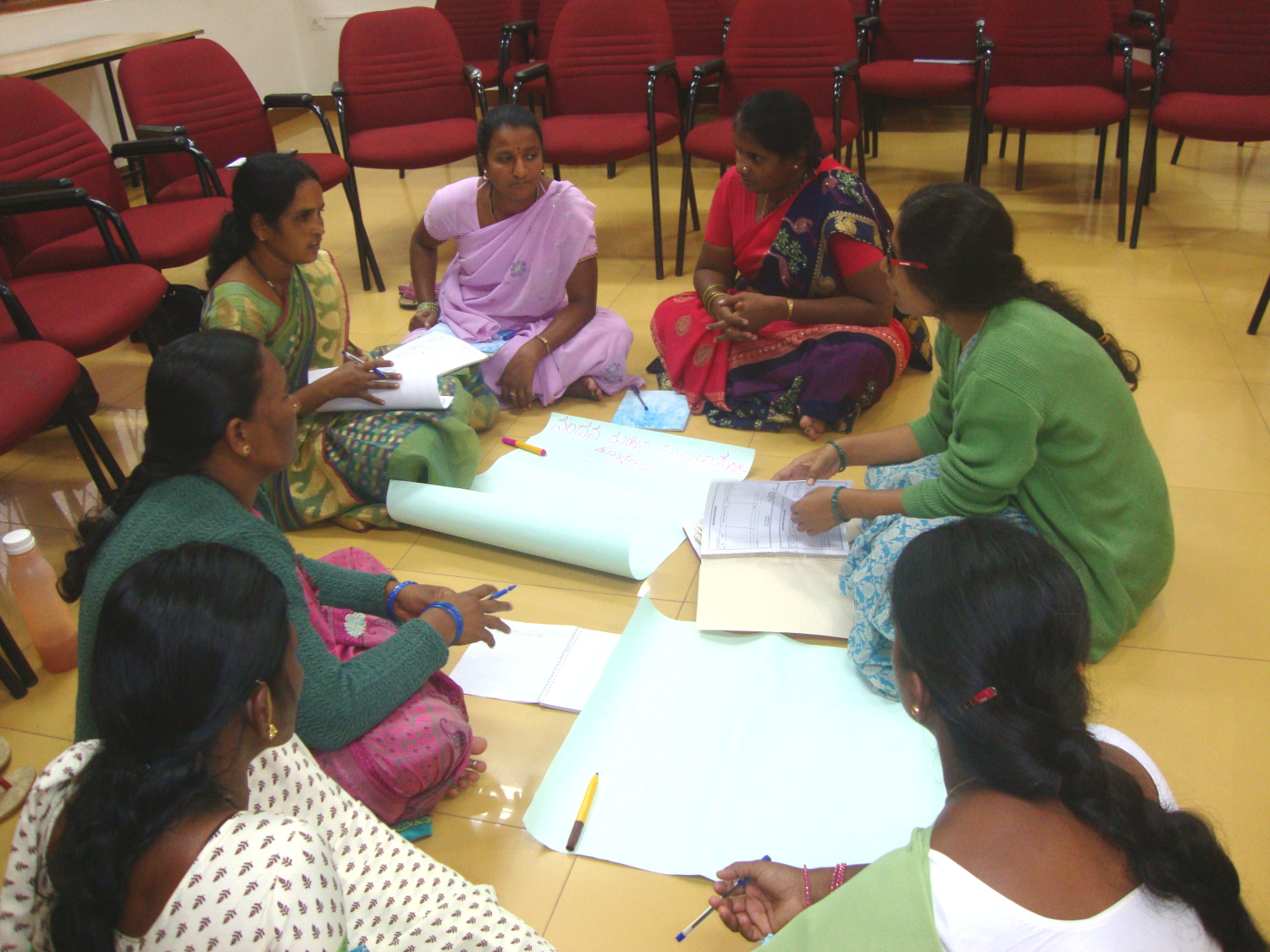
Ensuring sustainables livelihoods for rural poor communities. Mobilise resources for self-sustainability of the federation andmember SHGs. Developing potential leaders for e ective participation of women in grassroots governing structures.
OUR GOAL
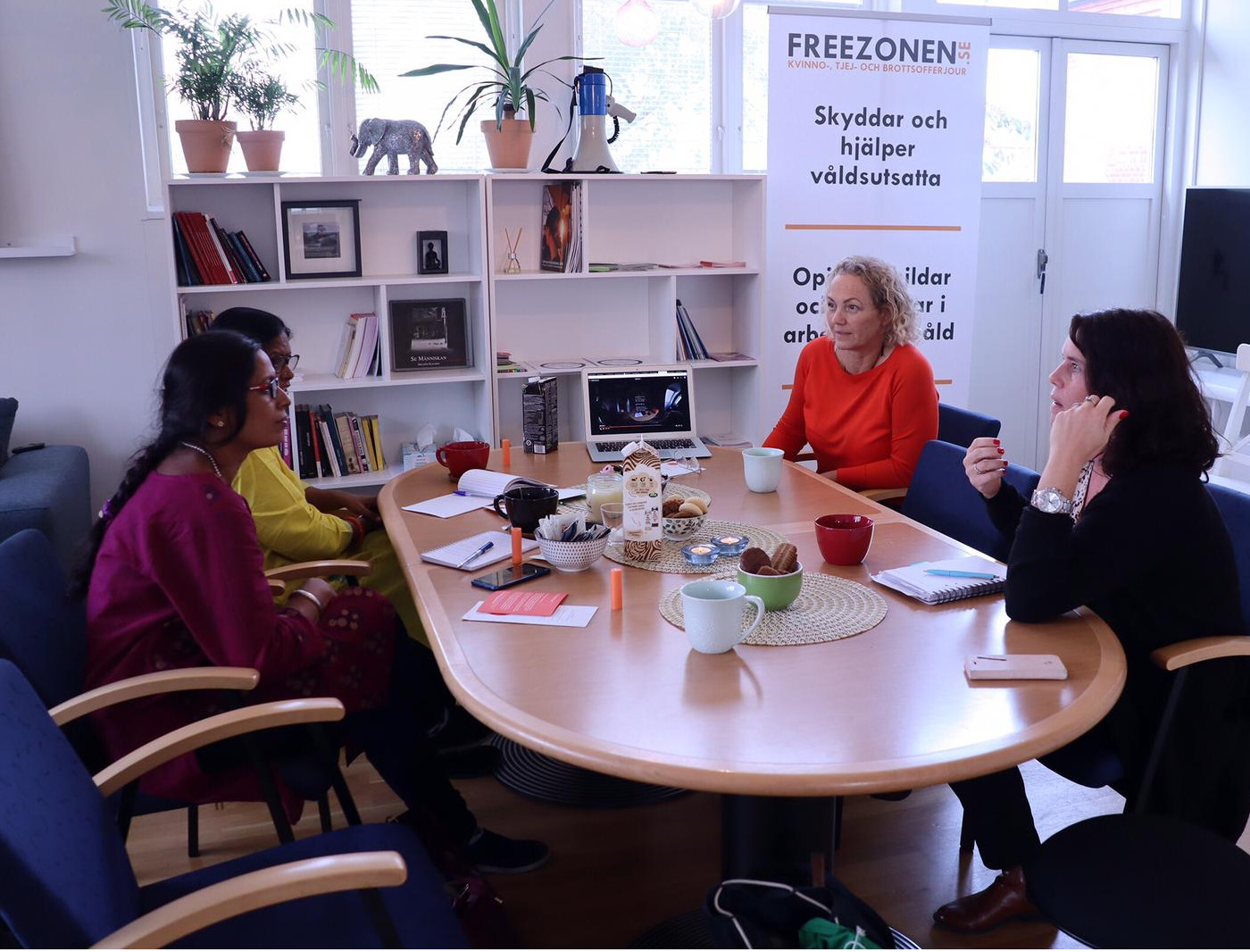
The federation’s goal is to facilitate social, political and economic empowerment of rural poor women by building self-managed and sustainable people’s institutions.
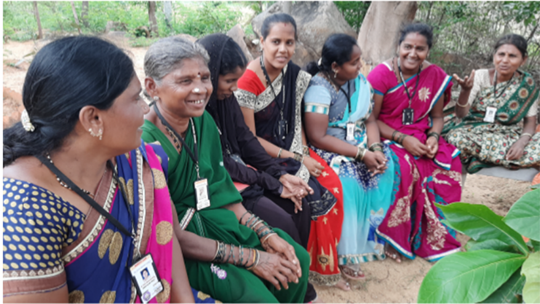
OUR STORY
Grameena Mahila Okkuta (GMO) is the federation of 330 rural women’s SHGs in 170 villages of Mulbagal, Kolar, Srinivasapur and Bangarpet taluks of Kolar District in south Indian State of Karnataka. It has 6000 members. Promoted in 1994 by Grama Vikas, a rural development organisation working in Kolar District, Grameena Mahila Okkuta, meaning rural women’s federation, was registered as a society in 1997. It is now an independent entity. Grama Vikas organized savings & Credit groups in its project area with women empowerment as its focus and integrated development as its approach. Working with women helped GV to expand its horizons and sharpen its perspectives. GV realized that if women are empowered to manage social and economic programmes, such empowerment could lead women to develop into an socio-economic and political force that could transform the status quo. For GV, women are the centers of development. That is why all the Community Organizers and Social Workers engaged by Grama Vikas are women, unlike in development organisations, be it government or non-government. This was a strategy that its late founder, Dr Iyer initiated and that has been fund to be most successful in organizing women. As GV began enabling SHGs to address problems of women and the community at large, it found that while SHGs were able to address village level problems, very close networking among SHGs was essential for addressing certain issues and problems. While strengthening SHGs at the village level, GV involving them in jathas for organizing new SHGs and campaigns on issues such restoration of tanks and closure of arrack shops in villages as well as demonstrations pressing for basic needs. This facilitated networking of women belonging to different SHGs in the project area when they came together on common issues. This interaction was raised to a higher level with the organizing of two major women’s conferences at which thousands of women participated. By mid-90’s, the need to give a formal structure to the organization had become pressing. The organization had not only become cohesive, but it had also acquired an identity. For effective functioning and wider and greater impact of its activities, GMO was registered as a society in 1997. Since then, it has grown and is now recognized the largest and most influential women’s organization in Kolar District. It has helped in setting up 40 similar federations in other districts. GMO receives scores of guests every year, both from other federations and academics on learning visits. GMO became an independent organization with a separate staff, infrastructure in 2002. In order to strengthen its independent identity and chart out an independent growth path as a grass roots women’s institution, GMO developed separate gender-focused programmes and created the infrastructure for implementing them. It is now located in its own campus at Yalagondahalli. The process of becoming independent has been full of challenges, including the creation of the State level network of SHG federation, the process coinciding with GMO’s independisation drive.
FOUNDER MEMBERS (1997)
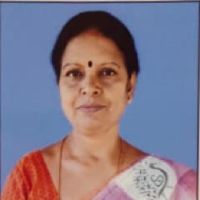
Founder Member
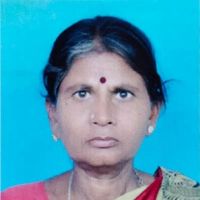
Founder Member
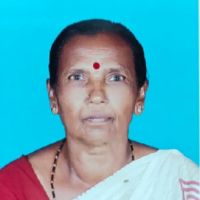
Founder Member

Founder Member
GOVERNING BOARD MEMBERS (2019-2020)

President
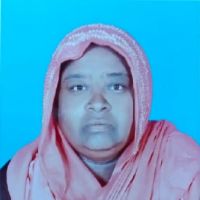
Vice-President
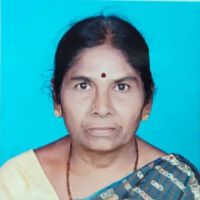
Secretary
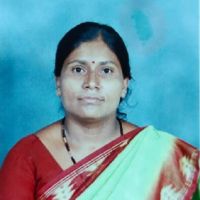
Treasurer

Member

Member

Member

Member
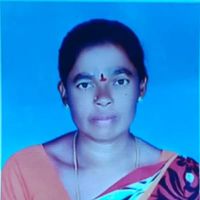
Member
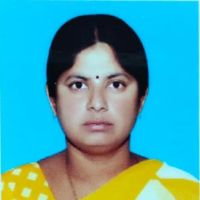
Member
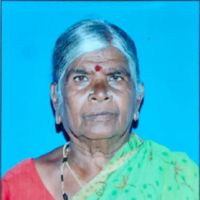
Member

MEMBERS
GMO members are from families of small and marginal farmers and landless labourers. Dalits form 75 per cent of the membership, the rest belonging to BCs, OBCs and minorities who depend mainly on agriculture in a degraded environment with low rainfall and poor soils. Despite such constraints, GMO, since its inception in 1994 has been working towards its goal of women empowerment including woman-focussed economic self-reliance among poor families, increased and active participation of women in grassroots political processes, developing skills, capacities and leadership among its members. Its registration in 1997 gave it a formal working structure with a democratic leadership emerging out of regular elections. With poor finances, and with only two full-time staff, GMO has to attend to its members in 265 Self-Help Groups spread over 140 villages in three taluks of Kolar Districts. Innovation and dedication of its activists have made up lack of resources.
